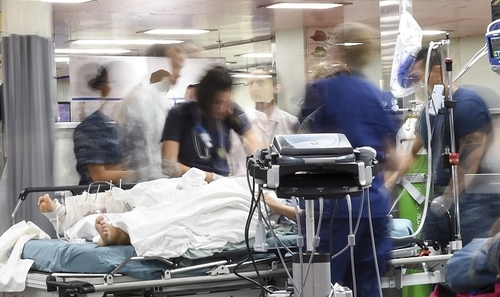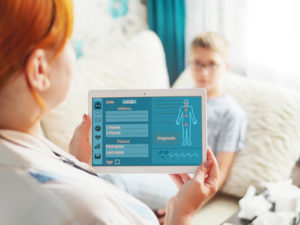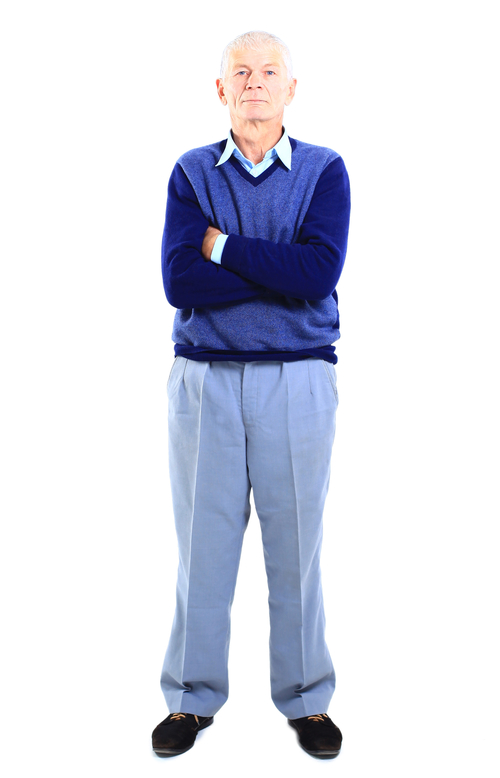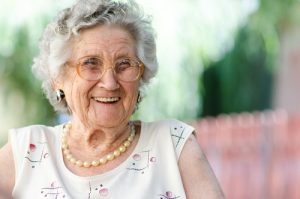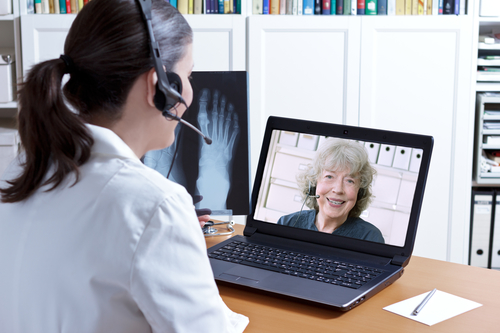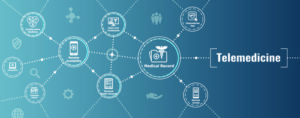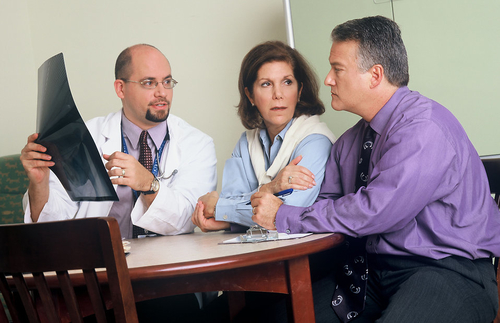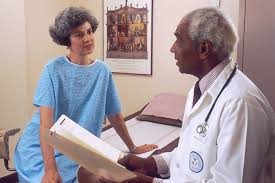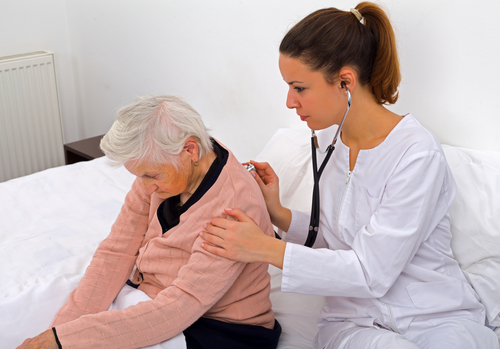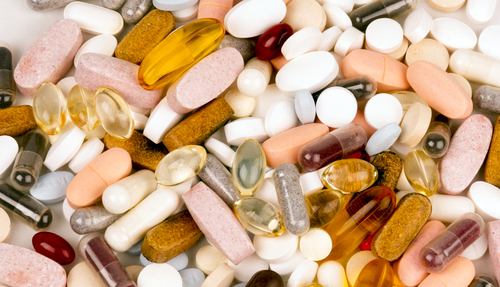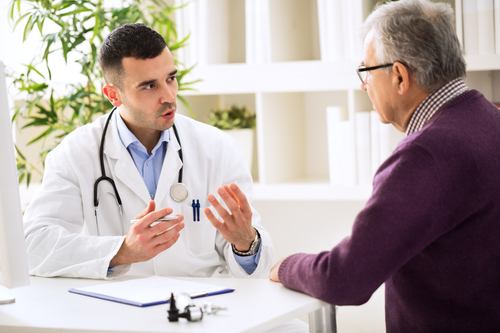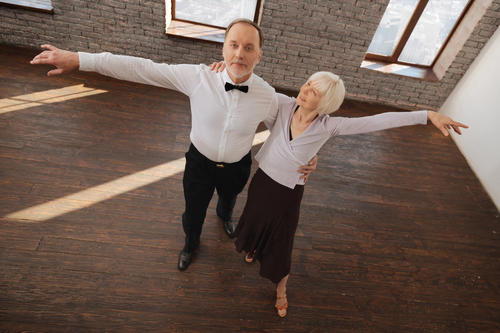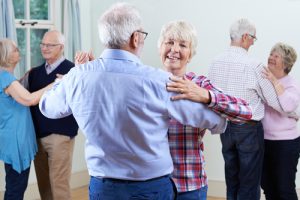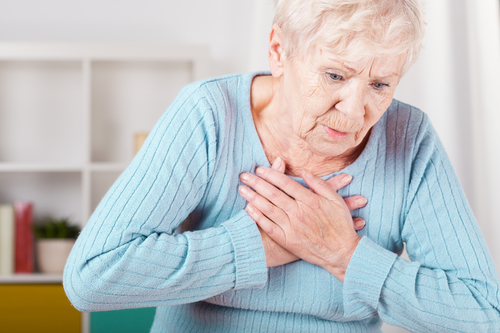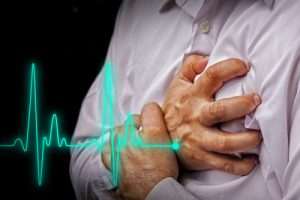Getting sick is the worst. It’s even more frustrating when there are people around you that never get sick. You wonder if they are some sort of super human, or maybe they bathe in hand sanitizer. Well, we have found 9 habits of people who never get sick.
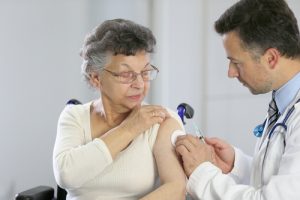
9 Habits of Those Who Never Get Sick
1. They’re Rested
Sleep is so important! Not getting enough sleep can lead to more colds, memory problems, and more. People who sleep less than 7 hours are 3 times more likely to catch a cold than those who sleep 8 hours or more.
2. They Get Their Flu Shot
The shot is 50 to 60 percent effective at preventing the flu and reduces severity of symptoms. It also lowers the risk of heart attack, stroke, heart failure, or other cardiac events by about a third.
3. They Don’t Smoke
This is such a bad habit. It can damage the mucus membranes which act as the frontline barrier to infectious agents. This makes smokers twice as likely to catch colds and the flu.
It also suppresses the immune system overall. Then, there is the cancers smoking causes: bladder, blood, cervix colorectal, esophagus, kidney, larynx liver, lung, and more.
4. They Exercise.
We all know the importance of exercise. A study from the Fred Hutchinson Cancer Research Center in Seattle found that postmenopausal women who excised regularly lowered their risks of colds. This is compared to women that didn’t move as much.
Physical activity boost the amount of immune cells in the blood and saliva.
5. They Wash Regularly.
Many microbial threats are easily washed away which lowers the chances of getting sick. Plain soap and water do the trick, nothing fancy is needed.
In fact, a study showed that people that used antimicrobial cleansers didn’t have less colds than those who used soap. Wash your hands for at least 20 seconds.
6. They Are Social.
Having a social life can help keep you healthy. Researchers at Carnegie Mellon exposed a group of people to a cold and waited to see who would show symptoms.
The least likely to get it were people who had different social networks, like book clubs, bridge clubs, and faith communities. Having 6 or more of these types of networks gave people the greatest edge against illness.
People who had 3 or lower social networks were almost 4 times as likely to catch the bug.
7. They Laugh.
Laughter is really the best medicine. A study from Western Kentucky University showed that women who
8. They Can Enjoy a Drink.
Drinking a glass or two of wine has been shown to be good for your heart, but can also help with illness. Specifically lower the risk of respiratory illnesses.
Red wine seems to be protective against colds. Researchers think this is due to the anti-flammaroty actinor the phenol.
9. They Stay Positive.
People who are content and relaxed are 3 times more likely to avoid a cold then those who are depressed, anxious, or angry. Positive attitudes lower stress hormones like cortisol that make people more susceptible to illness.
Read more here.
